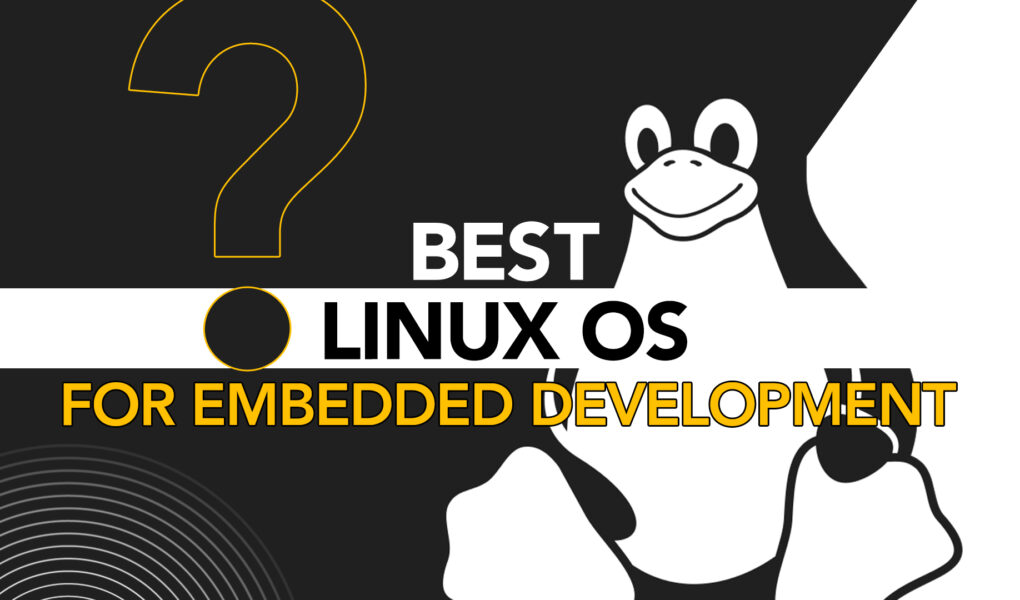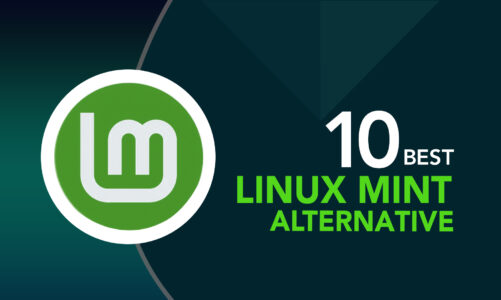As the need for interconnected devices keeps rising, the domain of embedded development is expanding quickly. Linux, being an open-source operating system (OS), has become a popular choice for embedded systems due to its flexibility, scalability, and the strong community support it receives.
With that said, the availability of numerous Linux distributions demands us to carefully select the right Linux OS as it can significantly impact the performance, security, and functionality of your embedded device. In case you want to know your options, below we have discussed a few of the Linux OS best for embedded development.
Top Linux OS for embedded development
1: Yocto Project
The Yocto Project is a widely-used open-source collaboration that provides developers with the tools and templates necessary to create custom Linux-based systems for embedded devices. It is highly customizable, allowing you to create an OS tailored to your specific needs, and supports a wide range of hardware platforms and architectures. Moreover, it has a strong and active community that contributes to the project, ensuring regular updates and improvements.
2: Buildroot
Buildroot is another popular open-source project that simplifies the process of building a complete Linux-based system for embedded devices. It is lightweight and streamlined, making it ideal for resource-constrained devices. Its easy-to-use configuration system enables developers to quickly create a custom Linux OS, and it supports numerous architectures and hardware platforms.
3: OpenWrt
OpenWrt is a Linux distribution specifically designed for embedded devices, particularly routers and network-attached storage devices. It is highly modular and customizable, allowing you to build a Linux OS that meets your exact requirements. Furthermore, it has robust network capabilities and a wide range of supported protocols, with active development and community support.
4: Ubuntu Core
Designed specifically for embedded and IoT devices, Ubuntu Core is a streamlined, secure, and lightweight variant of the well-known Ubuntu Linux distribution. Built on the widely-adopted Ubuntu base, it ensures compatibility and familiarity. The focus of Ubuntu Core is on security, with features like transactional updates and strict confinement. It is optimized for IoT and embedded devices, resulting in a smaller footprint and faster performance, and offers strong community support and extensive documentation.
5: Debian
Debian is a well-established and widely-used Linux distribution that offers stability, security, and a large repository of software packages. While not specifically designed for embedded systems, Debian can be tailored for embedded development by using its minimal installation options and customizing the package selection. It has a strong community, long-term support, and a reputation for being reliable, making it a viable choice for embedded development projects.
Factors to consider when choosing the best Linux OS
When selecting a Linux distribution for your embedded development project, consider the following factors:
- Compatibility: Ensure that the Linux distribution you choose supports the specific hardware and software requirements of your embedded system. Check the documentation and hardware compatibility lists to avoid potential issues during development.
- Customizability: Look for a Linux distribution that offers a high degree of customizability, allowing you to create a tailored OS that meets your project’s unique needs. This is particularly important for embedded devices with specific performance, security, or functionality requirements.
- Community support: Choose a Linux distribution backed by a strong community, as this ensures regular updates, bug fixes, and improvements. A supportive community can also provide valuable assistance and resources for troubleshooting issues during the development process.
- Long-term support and updates: Select a Linux distribution that offers long-term support and regular updates, as this ensures your embedded system stays secure and up-to-date. Consider the release cycles and support policies of different distributions to make an informed decision.
Conclusion
The world of embedded development is vast and ever-changing, with Linux-based operating systems playing a vital role in its progression. Ubuntu, Debian, and Yocto Project are all strong contenders, offering unique advantages that cater to different user preferences and project demands. The key is to assess your project requirements, desired level of customization, and available support resources when selecting the ideal Linux distribution. Try them now and unlock the full potential of Linux in your embedded development projects.



